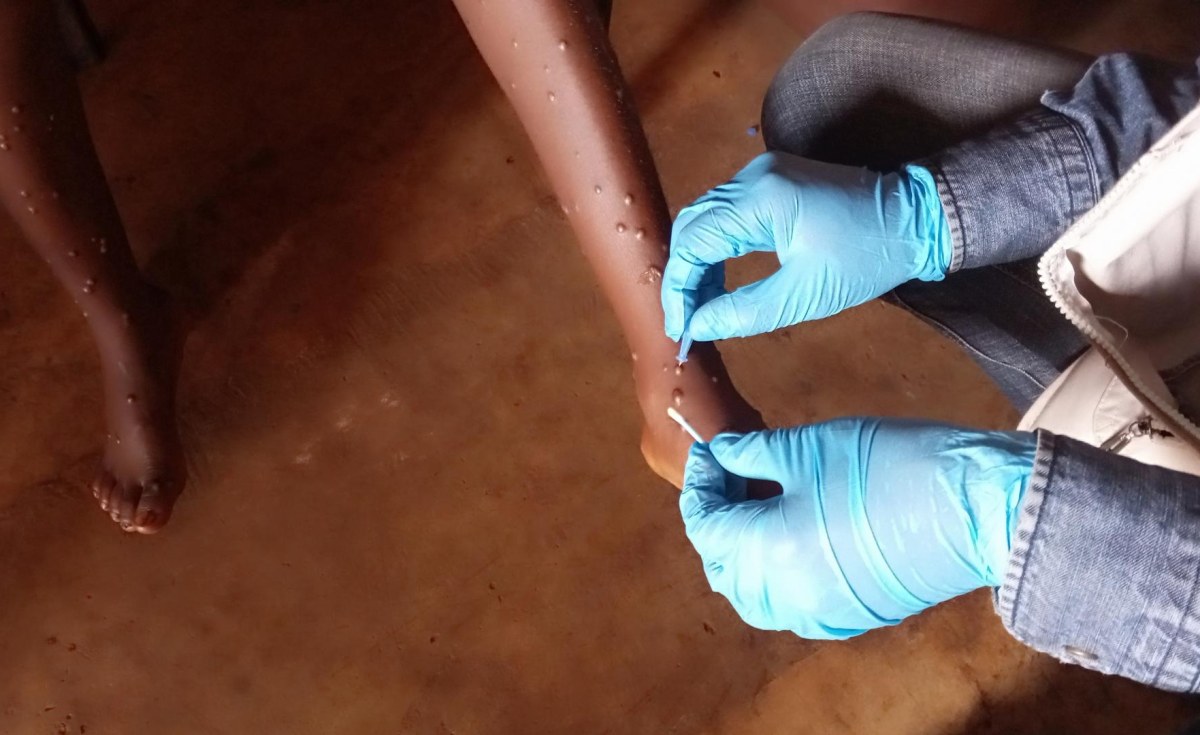Kenya Tanzania Power Line
The African Development Bank (AfDB) has raised concerns over delays by the Kenya Electricity Transmission Company (Ketraco) to compensate families along the power line to Tanzania, hitting timely completion.
AfDB says Ketraco is yet to pay affected families KSh64.719 million ($486,426) to pave way for the completion of the line on the Kenyan side.
The bank made the disclosures in its project review for the 507.5-kilometre power line, saying Kenya’s Treasury, Ministry of Energy and Ketraco should speed up the compensation to complete the line by December 31, 2023.
The line with an intended transfer capacity of 2,000 megawatts will allow the two countries to share electricity mainly hydro-power and clean energy, and lower reliance on thermal plants for an affordable and steady supply.
‘Nearly complete’
“The 400 kV transmission line portion from Isinya to Namanga Kenya-Tanzania border post is nearly complete apart from the stringing activities heavily slowed down due to the lack of adequate financial resources on the part of Ketraco for the compensation and resettlement of project affected persons,” AfDB said.
“Both the Development Objective and Implementation Progress are satisfactory although the completion and commissioning of the facilities are not expected until Quarter Four of 2023 due to the lack of adequate counterpart financing.”
These disclosures show that Ketraco had built 68 percent of the line by the end of last year.
The project whose cost is estimated at $309.26 million is financed by AfDB and the Japanese International Co-operation Agency.
The line will help the two countries reduce the need to go for coal plants that are widely seen as a way of meeting the anticipated demand rise in the two economies, notably Kenya.
Share this news
This Year’s Most Read News Stories

Zanzibar liquor importers face fresh hurdle despite court order
The liquor shortage in Zanzibar is far from over, even after a court order granted relief to the three importers.Continue Reading

Elon Musk’s company to launch internet in Tanzania
Elon Musk’s Starlink internet service is expected to be available in Tanzania in the first quarter of 2023, with analysts saying the new development will boost the digital economy.Continue Reading

Africa: Rwanda Gets a Grip Of Marburg, But Mpox ‘Not Yet Under Control’

Monrovia — The Rwanda Minister of State responsible for Health, Dr. Yvan Butera, cautioned that while the country is beginning to see positive signals in its fight against the Marburg virus, the outbreak is “not yet over”. He, however, expressed hope that “we are headed in that direction”. The minister said the epidemiology trend, since the disease was first discovered in the country more than a month ago, is moving towards fewer cases.
Dr. Butera, who was giving updates during an online briefing yesterday, said in the past two weeks, only two deaths were recorded while 14 people recovered from the disease. He said Rwanda was expanding its testing capacity with 16,000 people already inoculated against the disease.
The priority right now, Butera said, is “rapid testing and detection”.
Marburg is a highly virulent disease transmitted through human-to-human contact or contact with an infected animal. The fatality rate of cases, which has varied over the period, is more than 50%, according to the World Health Organization. WHO said the highest number of new confirmed cases in Rwanda were reported in the first two weeks of the outbreak. There’s been a “sharp decline” in the last few weeks, with the country now tackling over 60 cases.
At Thursday’s briefing, a senior official of the Africa Centers for Disease Control, Dr. Ngashi Ngongo, said mpox – the other infectious disease outbreak that countries in the region are fighting – was been reported in 19 countries, with Mauritius being the latest country to confirm a case. He said although no new cases have been recorded in recent weeks in several countries where outbreaks occurred previously – including Cameroon, South Africa, Guinea, and Gabon – Uganda confirmed its first Mpox death. This, he said, is one of two fatalities reported outside Central Africa.
Dr. Ngashi revealed that there was an increase in cases in Liberia and Uganda. He said mpox cases were still on an upward trend.
“The situation is not yet under control.”
Source: allafrica.com











